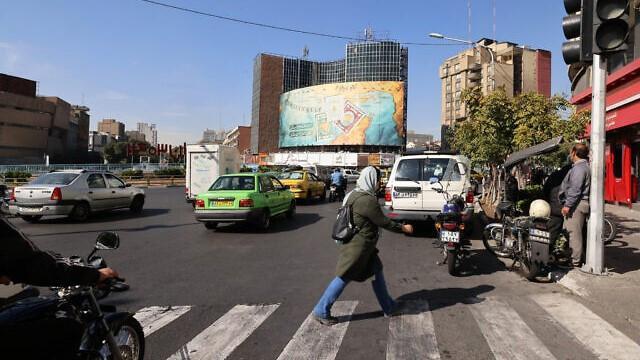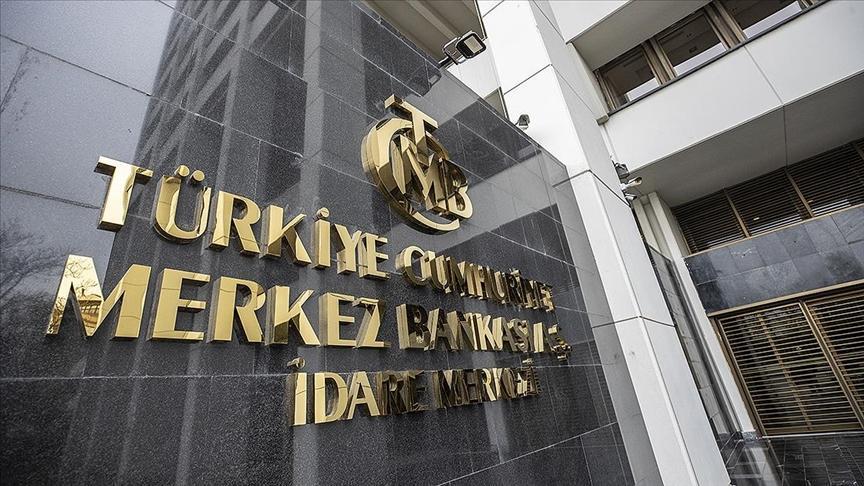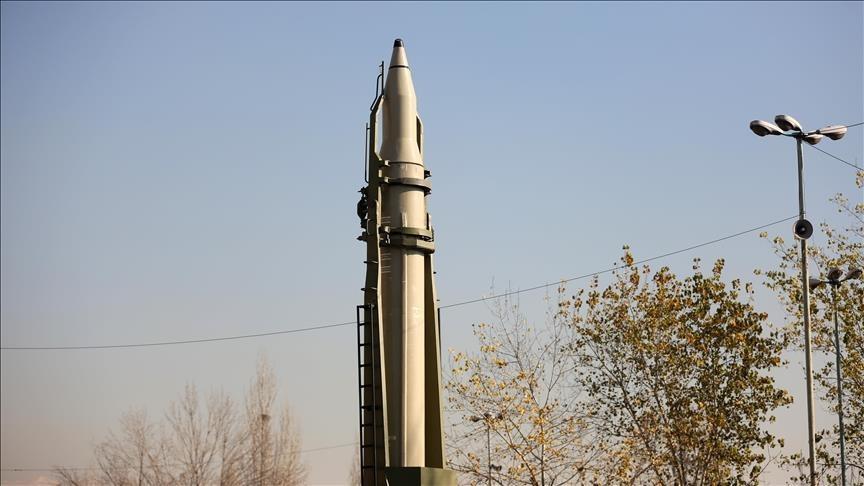Turkey dismisses almost 4,000 public officials with state of emergency decree
ANKARA
 Some 3,974 public officials were dismissed with a new state of emergency decree published in the Official Gazette on April 29.
Some 3,974 public officials were dismissed with a new state of emergency decree published in the Official Gazette on April 29. The total of 3,974 dismissed officials were suspected of being members or linked to the Fethullahist Terrorist Organization (FETÖ) and include employees from parliament, the Supreme Court, the High Election Board (YSK), the Supreme Board of Judges and Prosecutors (HSYK), the Directorate of Religious Affairs (Diyanet), the ministries of justice, energy, and interior, and other state institutions.
Turkey declared a state of emergency after the July 15, 2016, failed coup attempt, widely believed to have been orchestrated by what the government and prosecutors call “FETÖ,” linked to U.S.-based Islamic preacher Fethullah Gülen.
The latest expulsions affected some 1,200 members of the armed forces, including nearly 600 officers. Those fired from the air force included over 100 pilots.
Some 1,127 employees of the Justice Ministry, including prison guards and clerks, and 201 employees from the Diyanet, were dismissed with the decree.
A total of 484 academics and 98 administrative personnel from 63 universities were also dismissed. As in previous state of emergency decrees, some of the dismissed academics included those who previously signed the Academics for Peace petition criticizing security operations in the southeast.
The highest number of expulsions was carried out from the Gazi University with 56 academics, followed by Çanakkale 18 March University with 43 dismissals, Süleyman Demirel University with 39 dismissals, and Black Sea Technical University with 18 academics.
In addition, according to the latest decree all rectors will have to obtain permission from Turkey’s Higher Education Board (YÖK) when traveling abroad.
The reason for the dismissals was given as suspected links to “terrorist organizations and structures presenting a threat to national security.”
In all, some 120,000 people have been suspended or sacked from their jobs and more than 40,000 arrested in the aftermath of the thwarted coup.
Meanwhile, with the new decree some 236 civil servants dismissed from their jobs for suspected links to “a terrorist group accused of trying to overthrow the government” returned to their jobs.
Those returning to their duties have to start work in 10 days to be reinstated, while all of their financial and social rights that were lost after they were dismissed will also be reinstated, according to the decrees.
In addition, village guards will be given insurance.
Moreover, according to the decree, 18 foundations, 14 associations and 13 healthcare organizations with suspected links to the Gülen movement were closed, while five previously closed associations were reopened.
















